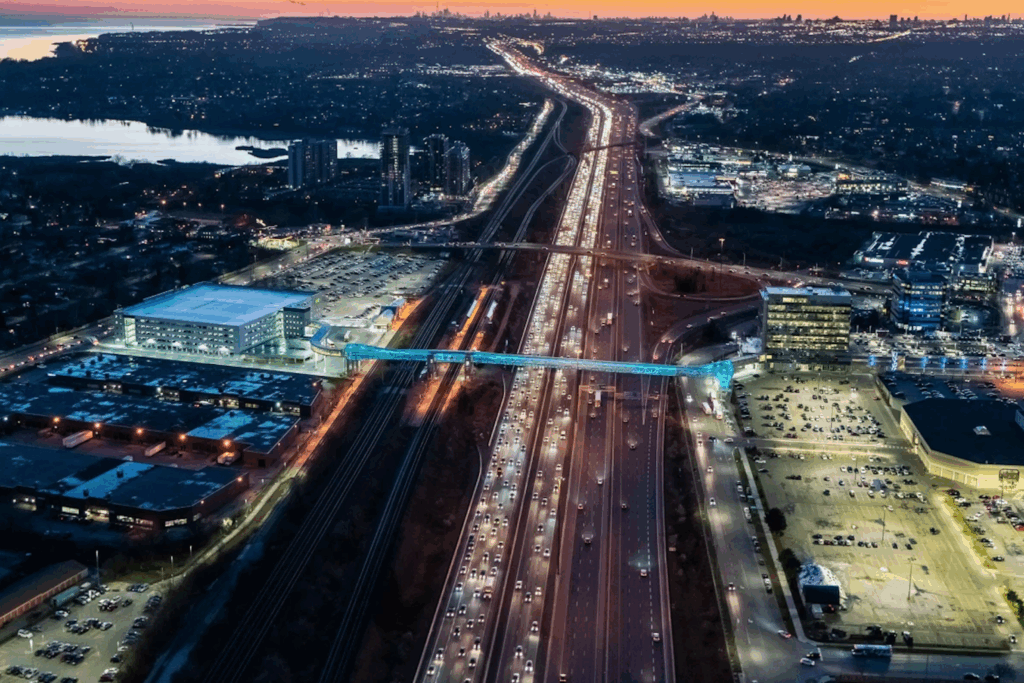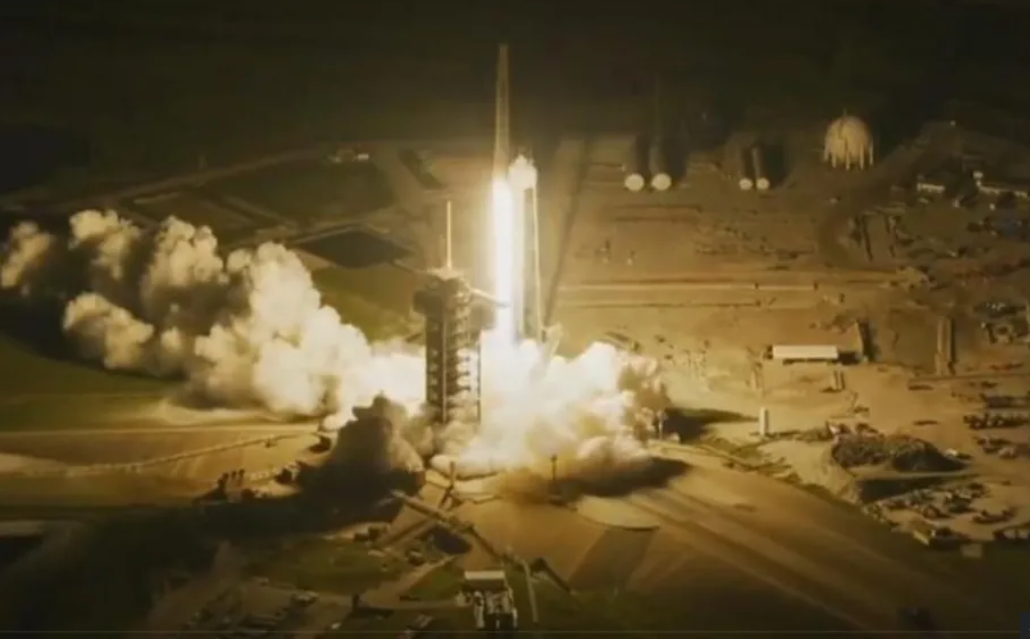(BBC News) Jubilant Indians have been celebrating the successful launch of the Axiom-4 (Ax-4) mission which has taken off with a multi-country crew, including an Indian astronaut.
Group Captain Shubhanshu Shukla, who is piloting the mission, has become only the second Indian to travel to space.
In just over 26 hours – when the spacecraft docks at the International Space Station (ISS) – Shukla will become the first Indian to visit NASA’s orbiting laboratory.
His trip comes 41 years after cosmonaut Rakesh Sharma became the first Indian to fly to space aboard a Russian Soyuz in 1984.
Led by former NASA astronaut Peggy Whitson – a space veteran who has been commander of ISS twice, has spent more than 675 days in space and done 10 space walks – Ax-4 lifted off from NASA’s Kennedy Space Center in Florida at 02:31 EDT, (06:31 GMT; 12:01 India time) on Wednesday.
The trip to ISS aboard Ax-4 – a commercial flight operated by Houston-based private company Axiom Space – is a collaboration between NASA, India’s space agency ISRO, European Space Agency (ESA) and SpaceX.
Its four-member team includes Slawosz Uznanski-Wisniewski from Poland and Tibor Kapu from Hungary. They will also be taking their countries back to space after more than four decades. The astronauts spent weeks in quarantine before Wednesday’s launch.
The flight has generated huge interest in India with ISRO saying the experience Shukla will gain during his trip to the ISS will help its efforts immensely.
The 39-year-old was among four Indian air force officers shortlisted last year to travel on the country’s first human space flight, scheduled for 2027. India has also announced ambitious plans to set up a space station by 2035 and send an astronaut to the Moon by 2040.
ISRO, which has been carrying out a number of tests to prepare for going into space, has paid 5 billion rupees (US$59 million) to secure a seat for Shukla on Ax-4 and his training.
Within minutes of take off, Shukla had a message for India.
“We are back in space after 41 years, and what an amazing ride it’s been,” he said.
“Right now, we are orbiting Earth at a speed of 7.5-km per second. On my shoulder, I carry the Indian flag. This is not the start of my journey to the ISS; this is the beginning of India’s human spaceflight. I welcome all my fellow Indians to be a part of this journey and feel proud and excited.”
The launch, using the SpaceX Crew Dragon capsule on a Falcon 9 rocket, was broadcast live by Axiom Space and NASA.
https://www.bbc.com/news/articles/cz09lx2gjm4o













